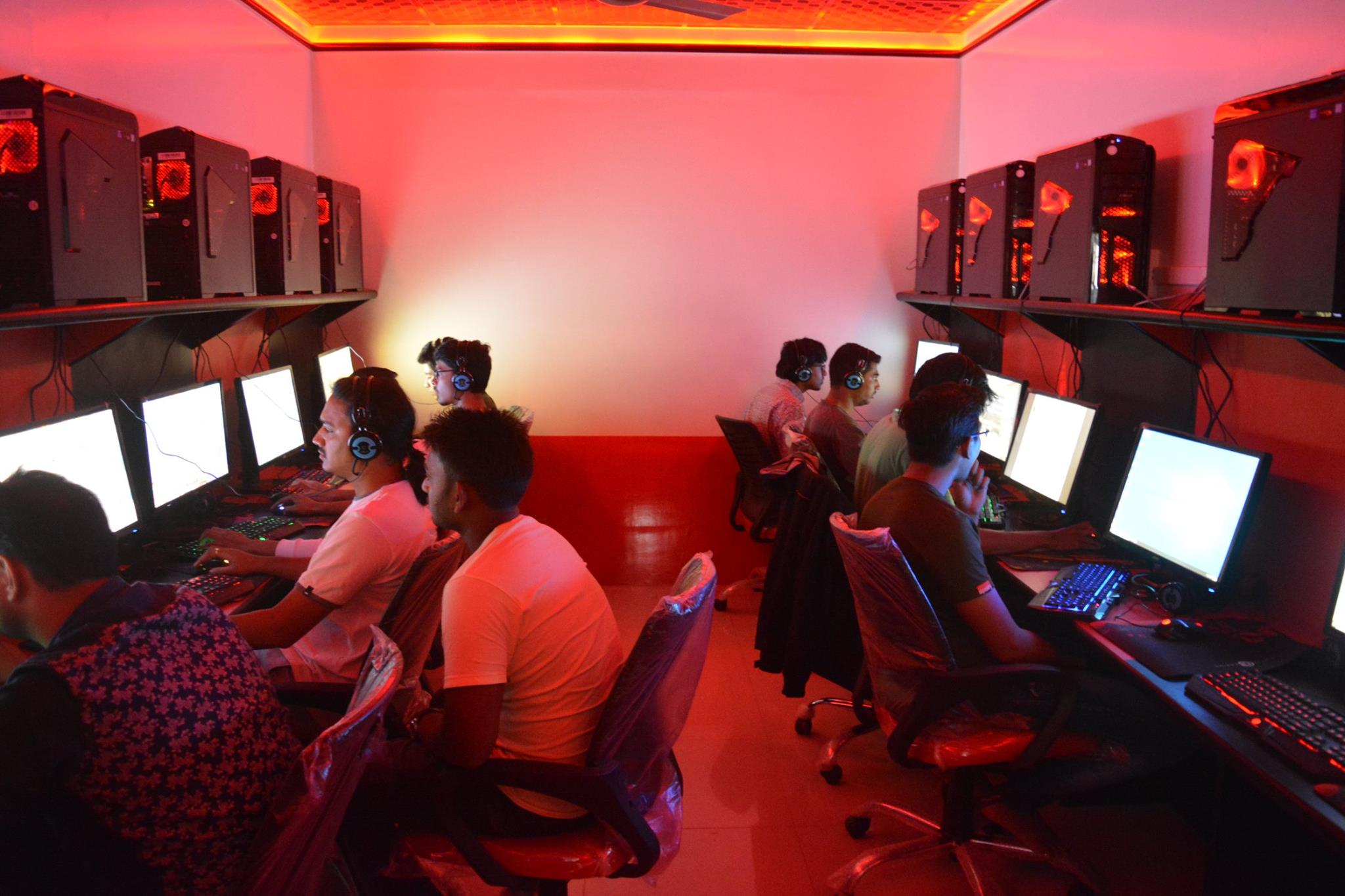Italy’s eSports Market Just Folded Because of a Casino Operator’s Complaint
Posted on: May 5, 2022, 08:48h.
Last updated on: May 5, 2022, 09:14h.
A single complaint from a casino operator has turned Italy’s esports market upside down. The complaint raises questions over the legitimacy of eSports and LAN rooms, and a number of these have already closed as a result.

The risk of permanent closure of LAN and eSports rooms in Italy appears to be real. All this because of a legal measure that blocks any activity that allows games “outside of one’s usual home.”
LAN and eSports rooms are places where you can find gaming peripherals and broadband connections to play video games competitively. For professionals, the equipment can cost up to $8,000 or more.
However, the operator of gaming venues in Italy believes they are infringing on his turf. Sergio Milesi, the CEO of LED Srl, has struck out to keep them from gaining more ground.
Too Close to Home
Milesi asserts that the LAN and eSports rooms are providing a form of gaming, but aren’t paying the requisite tax associated with the activity. In his complaint, he asserts that, because of the COVID-19 pandemic, the gaming segment and the arcades he runs lost traction. In addition, the sector now has to compete against operators of eSports rooms that, as he acknowledged, are not even traditional gambling operations.
Milesi added that the rooms are not complying with the law. That was enough for the government to intervene. Authorities have closed a number of facilities for allowing “illegal gambling,” and have seized their equipment. Others that weren’t targets voluntarily shut down.
The law to which Milesi refers dates back to 2003. It only mentions billiards and table football (foosball) – nothing about PC and console games. Gambling and gaming equipment must be certified and tamper-proof, according to Article 110, paragraph 7c of the TULPS (Consolidated Text of Laws on Public Security).
However, it is not so easy to include video game equipment under this legal heading. It would imply that hardware and software do not undergo changes. Computers, consoles, LAN equipment, and other devices are subject to continuous obsolescence.
In addition, finding legal approval to cover software would take years. It would also, in theory, prevent the addition of new games to a PC or console, which is counterintuitive to the objective of eSports activity.
Playing Video Games is not Gambling
In LAN rooms, and in eSports, players only win money in established competitions. There is no inherent gambling component, except for the obvious eSports betting. That component, however, is not an intrinsic part of the sport.
This is the main difference between the rooms and traditional gaming halls. The amount that participants pay at the entrance is for the ability to play, not to win money. Suffice it to say that often, these rooms are used by those who work in the world of graphics or editing. This is due to the rooms’ fast connections and high-performance technologies.
Changes are coming. Italy’s Undersecretary of Finance, Federico Freni, told the Chamber of Deputies this week that the government reserves the possibility to take into consideration the most appropriate rules in order to ensure stable and efficient regulation as soon as possible.
Luca Carabetta and Daniele Belotti, two members of Italy’s Chamber of Deputies, and Senator Simona Pergreffi appeared in the Italian Parliament with gaming and eSports entrepreneur Alessio Cicolari to promote talks on specific regulations for the market. The result seems to be that specific eSports regulations will be developed in the country.
Every day there are more countries that recognize the activity. The introduction of regulations will allow Italy to formalize the business and likely give more facilities to eSports athletes.
Related News Articles
‘Loot Boxes’ Not Gambling, Says US Video Games Regulator
Most Popular
LOST VEGAS: ‘Tony The Ant’ Spilotro’s Circus Circus Gift Shop
Las Vegas Overstated F1 Race’s Vegas Impact — Report
Mega Millions Reportedly Mulling Substantial Ticket Price Increase
Las Vegas Strip Stabbing Near The Strat Leaves One Man Dead
Most Commented
-
End of the Line for Las Vegas Monorail
— April 5, 2024 — 90 Comments -
Mega Millions Reportedly Mulling Substantial Ticket Price Increase
— April 16, 2024 — 6 Comments -
Long Island Casino Opponents Love New York Licensing Delays
— March 27, 2024 — 5 Comments -
Smart Video Poker Players Hamper Casino Profits, Says Study
— March 21, 2024 — 4 Comments
















No comments yet